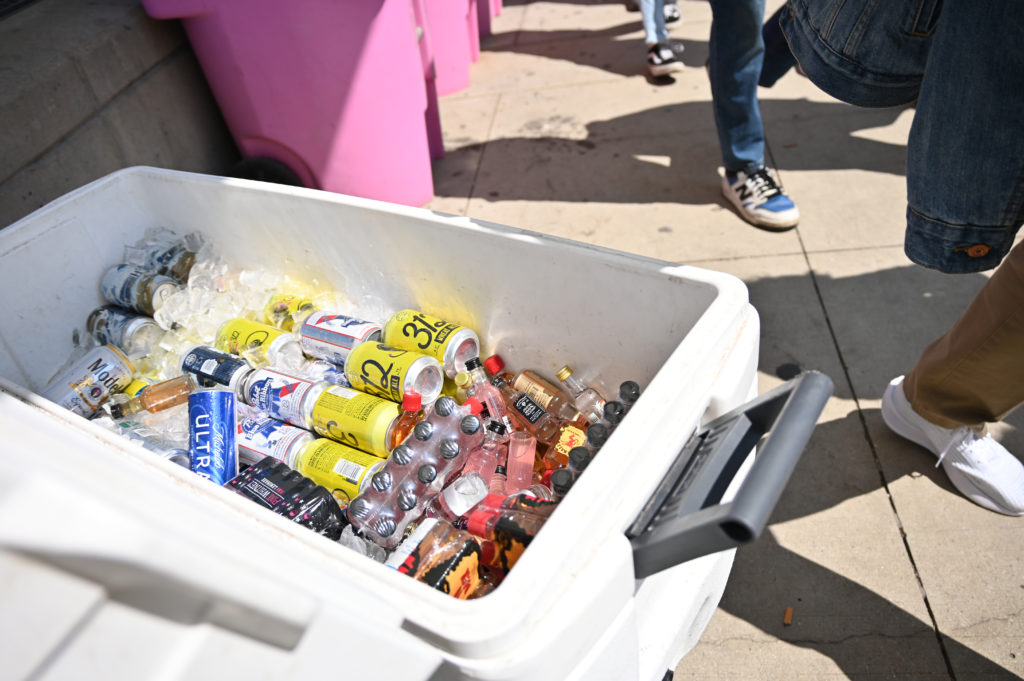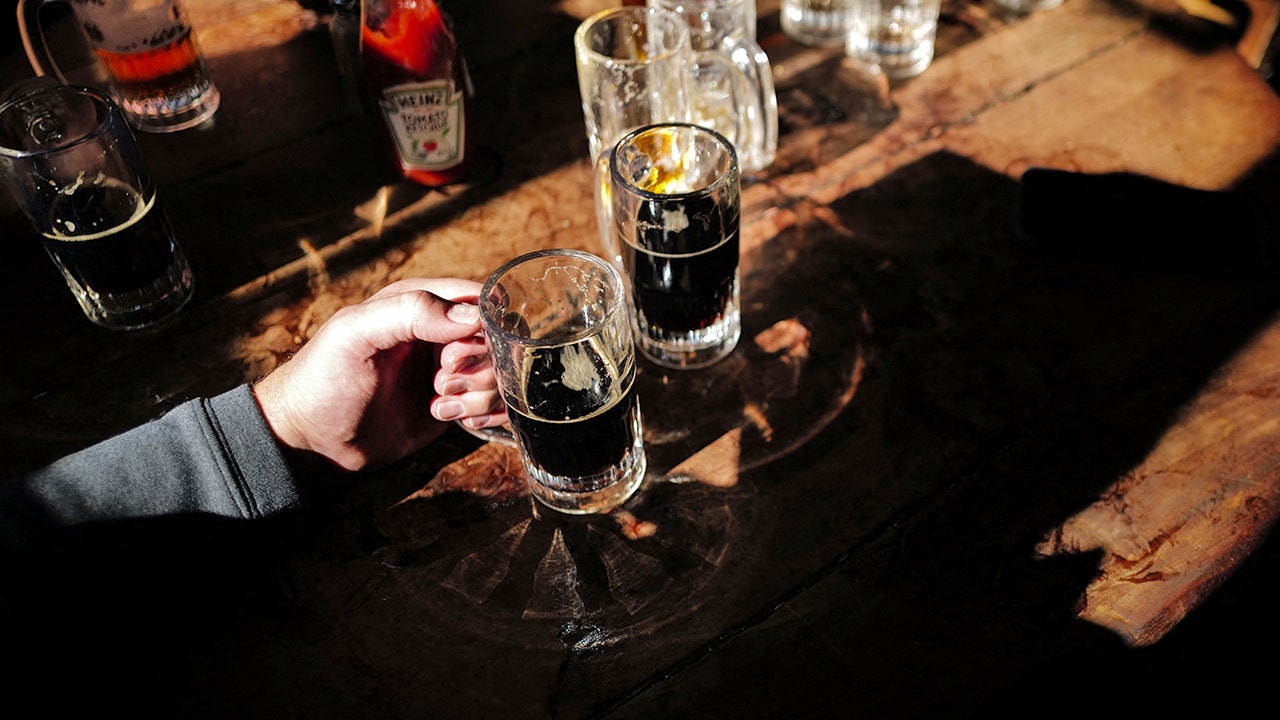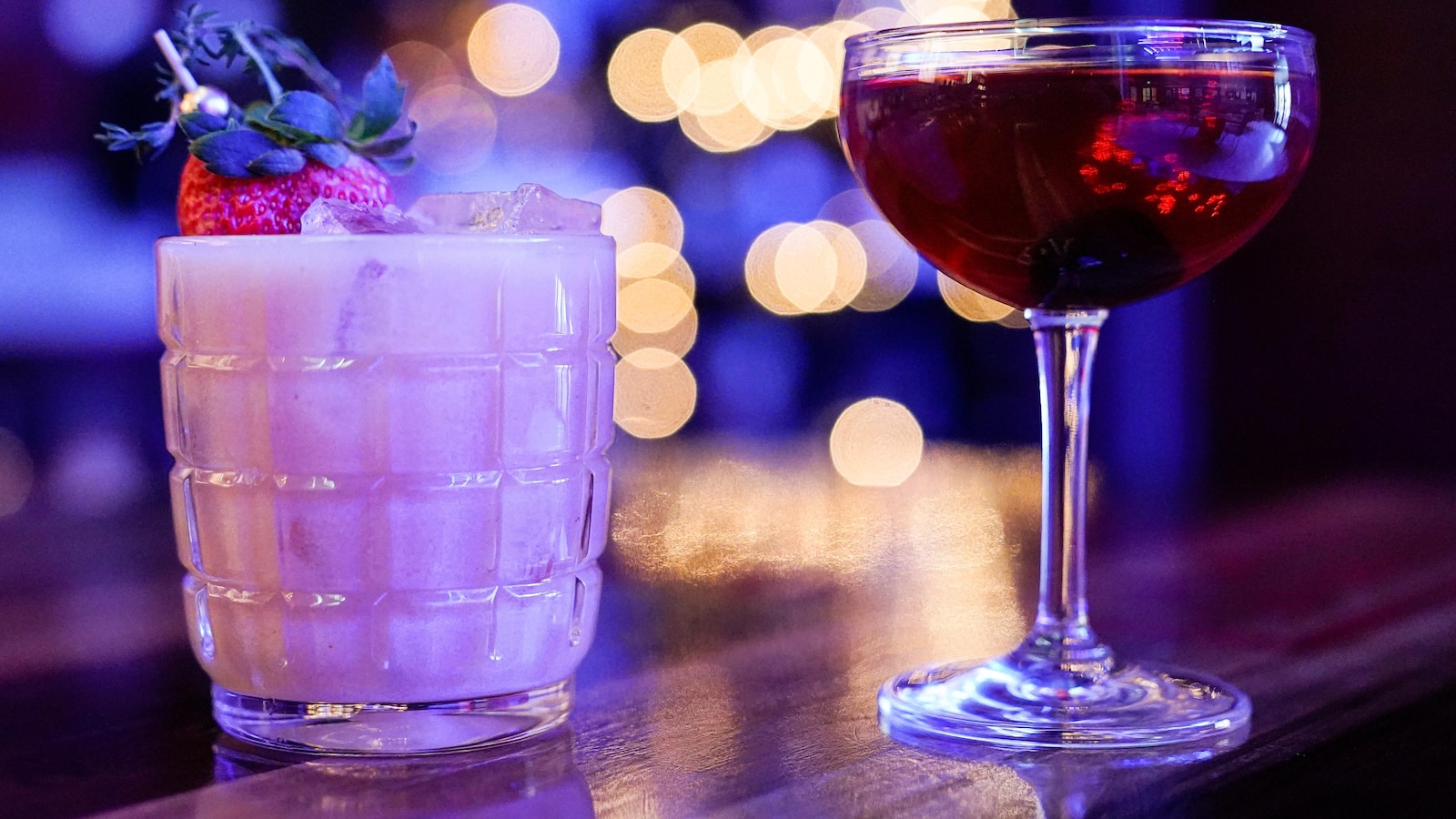U.S. Alcohol Consumption Hits 30-Year Low Amid Health Concerns
U.S. adult alcohol consumption dropped to a 30-year low of 54%, influenced by a rising perception, especially among younger adults, that moderate drinking is harmful.
Subscribe to unlock this story
We really don't like cutting you off, but you've reached your monthly limit. At just $5/month, subscriptions are how we keep this project going. Start your free 7-day trial today!
Get StartedHave an account? Sign in
Overview
- U.S. adult alcohol consumption has fallen to 54%, marking the lowest percentage reported in the past three decades, according to a new Gallup poll.
- This decline is significantly influenced by a growing number of Americans, particularly younger adults, who now perceive moderate alcohol consumption as harmful to their health.
- The belief that moderate drinking is detrimental has risen sharply, with 53% of adults holding this view today compared to only 28% in 2015, indicating a significant shift.
- Younger generations, including Gen Z and young millennials, are leading this trend of reduced drinking, with older adults also increasingly adopting similar health perspectives.
- The federal government is updating its dietary guidelines on alcohol consumption, reflecting the public's evolving views and the observed decline in drinking habits across the nation.
Report issue

Read both sides in 5 minutes each day
Analysis
Center-leaning sources cover this story neutrally, primarily reporting on a Gallup poll's findings regarding declining alcohol consumption and shifting public perception of its health risks. They attribute these trends to evolving scientific consensus and new health information, presenting data and expert commentary without editorializing on the health implications themselves.
Articles (7)
Center (3)
FAQ
The decline is mainly due to a growing perception, especially among younger adults, that moderate alcohol consumption is harmful to health. This changing attitude has led to fewer Americans drinking, with a shift toward moderation and health-conscious choices.
The belief that moderate drinking is bad for health has increased from 28% in 2015 to 53% in 2025, reflecting a significant shift in public opinion regarding alcohol and health risks.
Younger generations, including Gen Z and young millennials, are leading the trend of reduced alcohol consumption, though older adults are increasingly adopting similar health perspectives.
The federal government is updating its dietary guidelines on alcohol consumption to reflect the public's evolving views and the observed decline in drinking habits across the nation.
Emerging trends include greater adoption of moderation strategies, growth of no- and low-alcohol beverage categories, and a shift in premiumization where consumers spend more on higher-quality but fewer drinks. Ready-to-drink beverages and non-alcoholic options are also gaining popularity.
History
- 3M

 4 articles
4 articles





